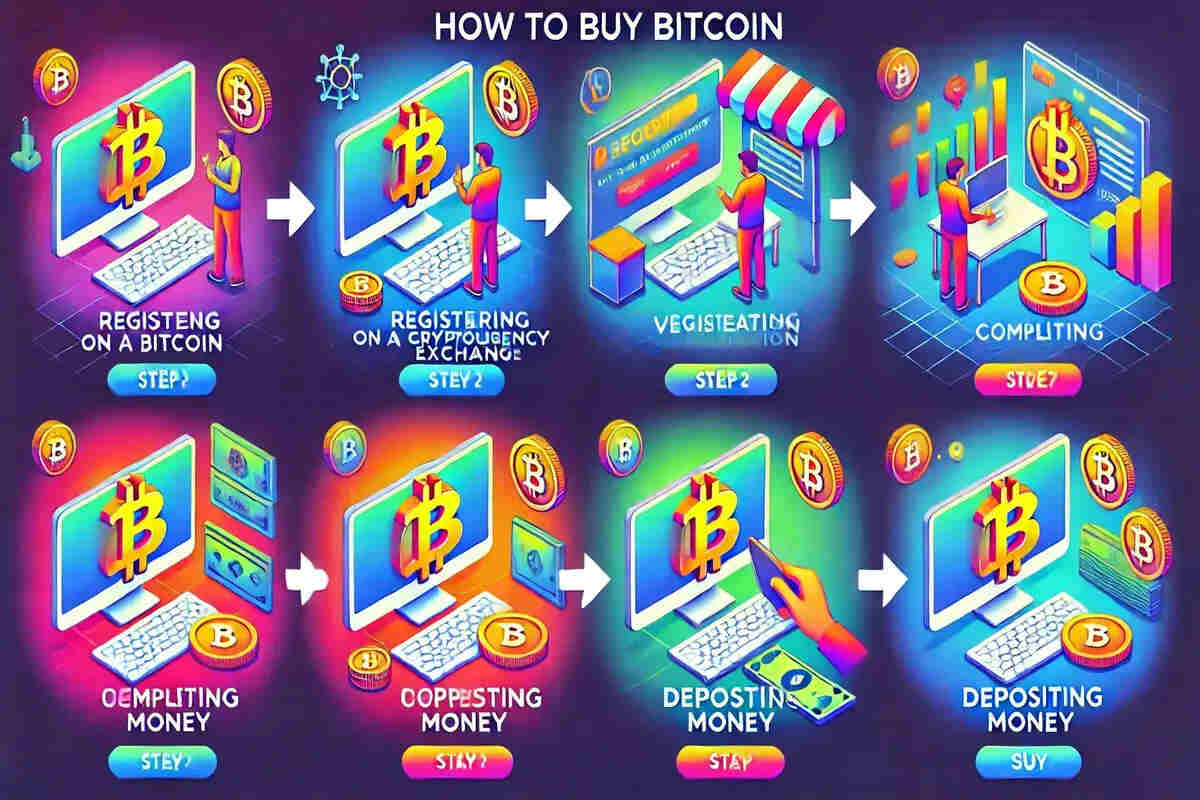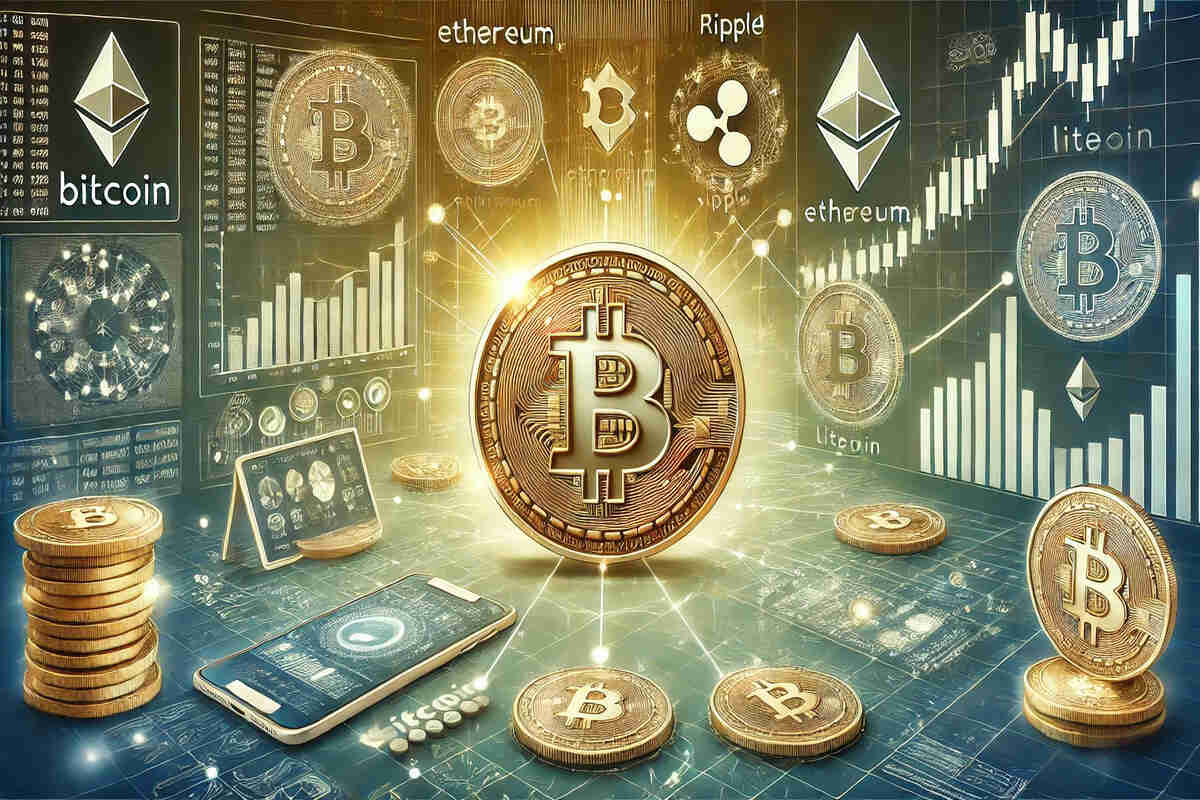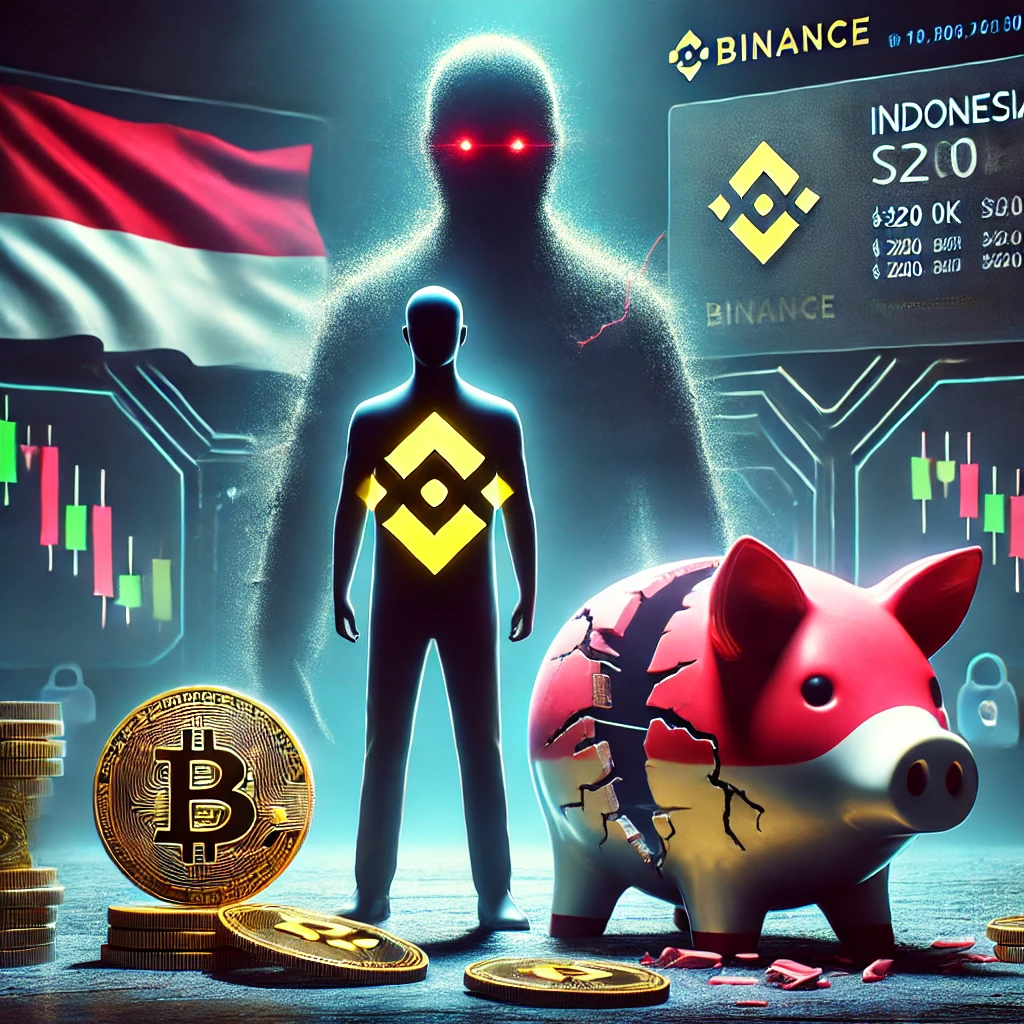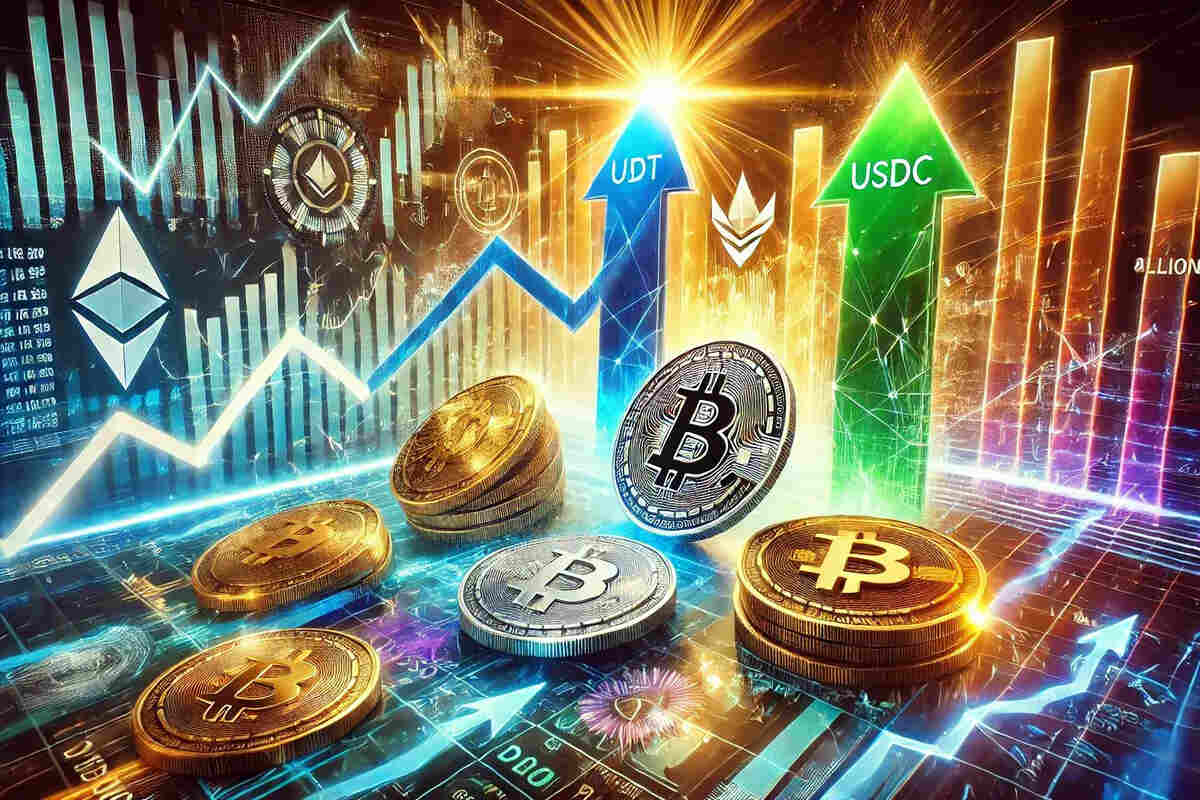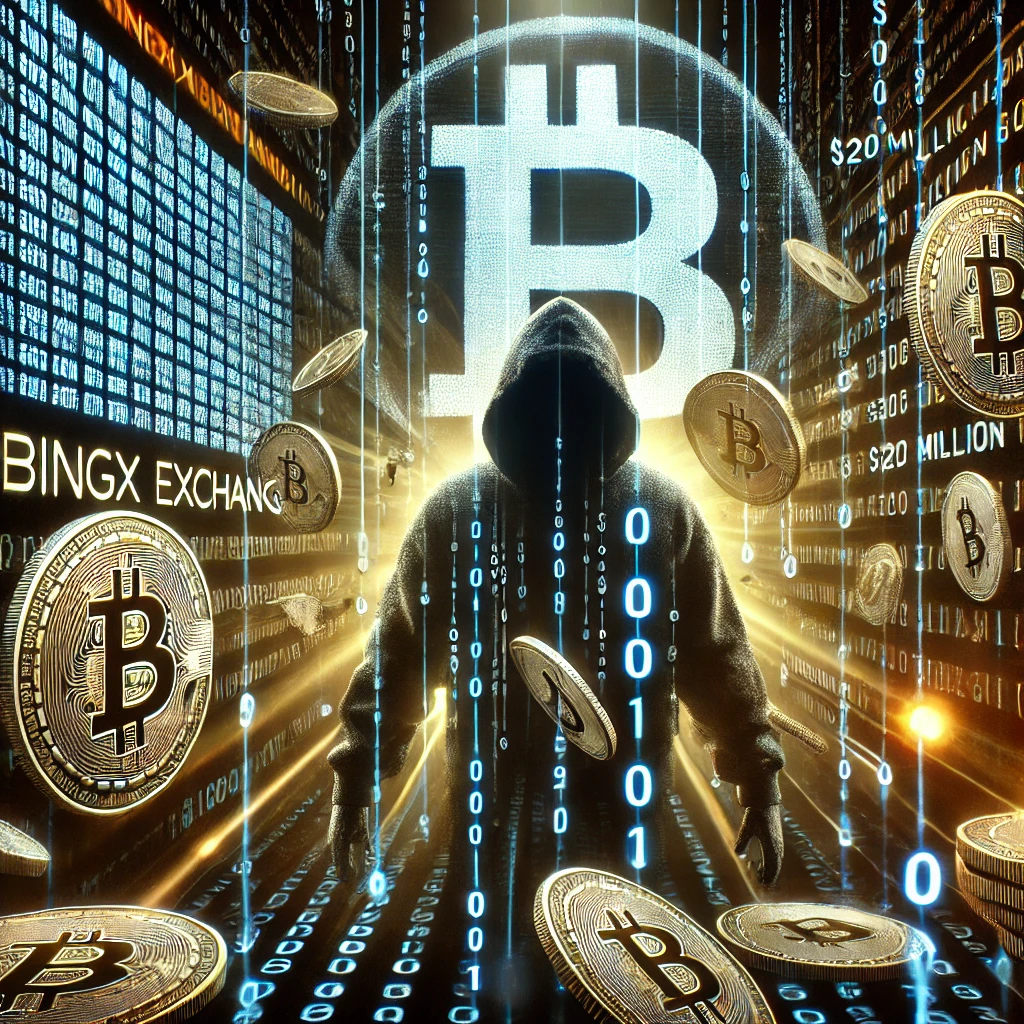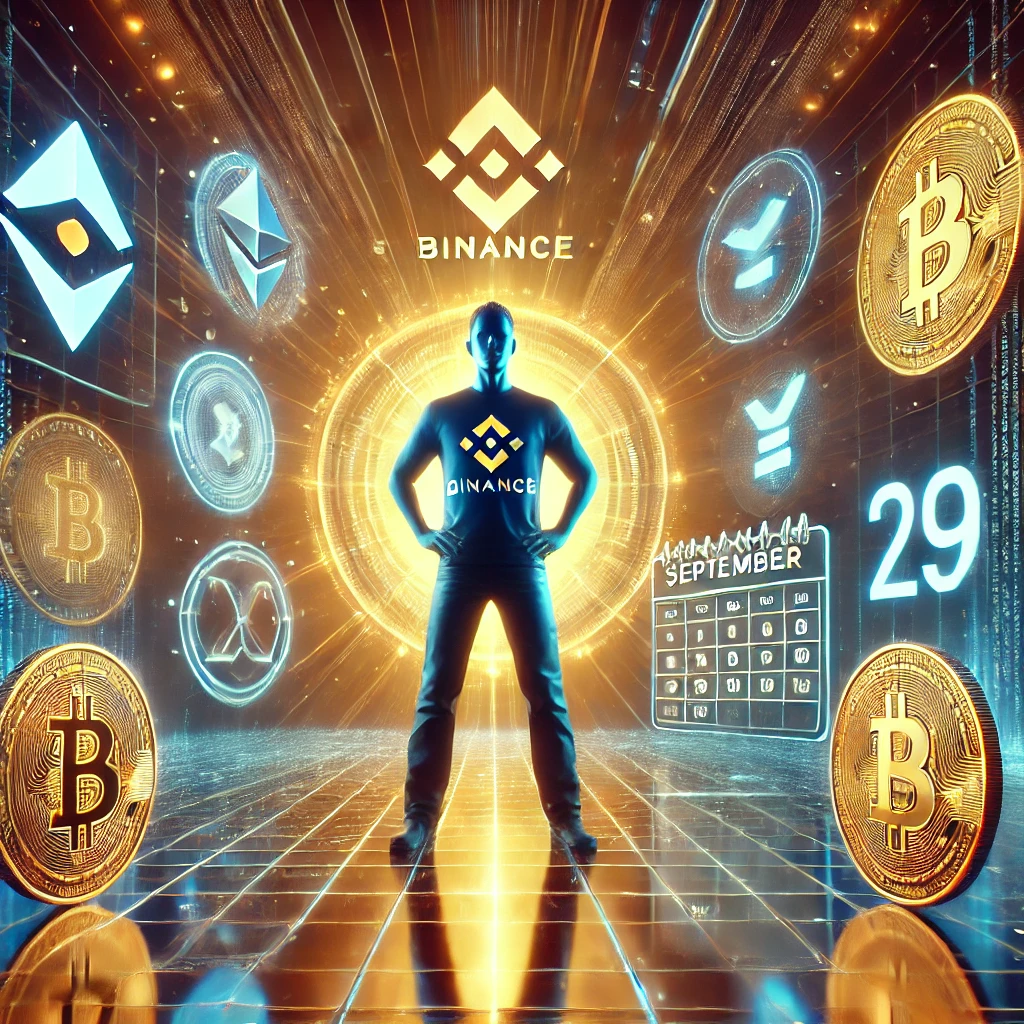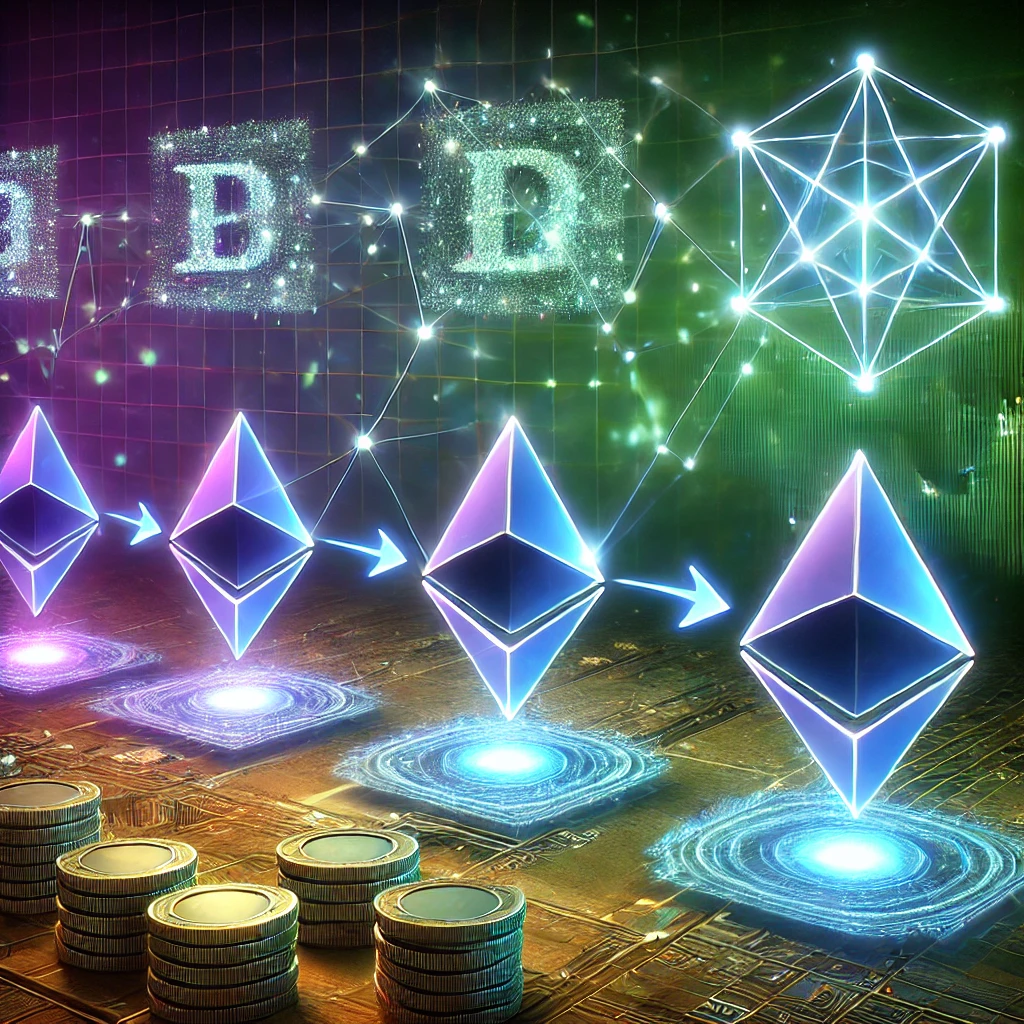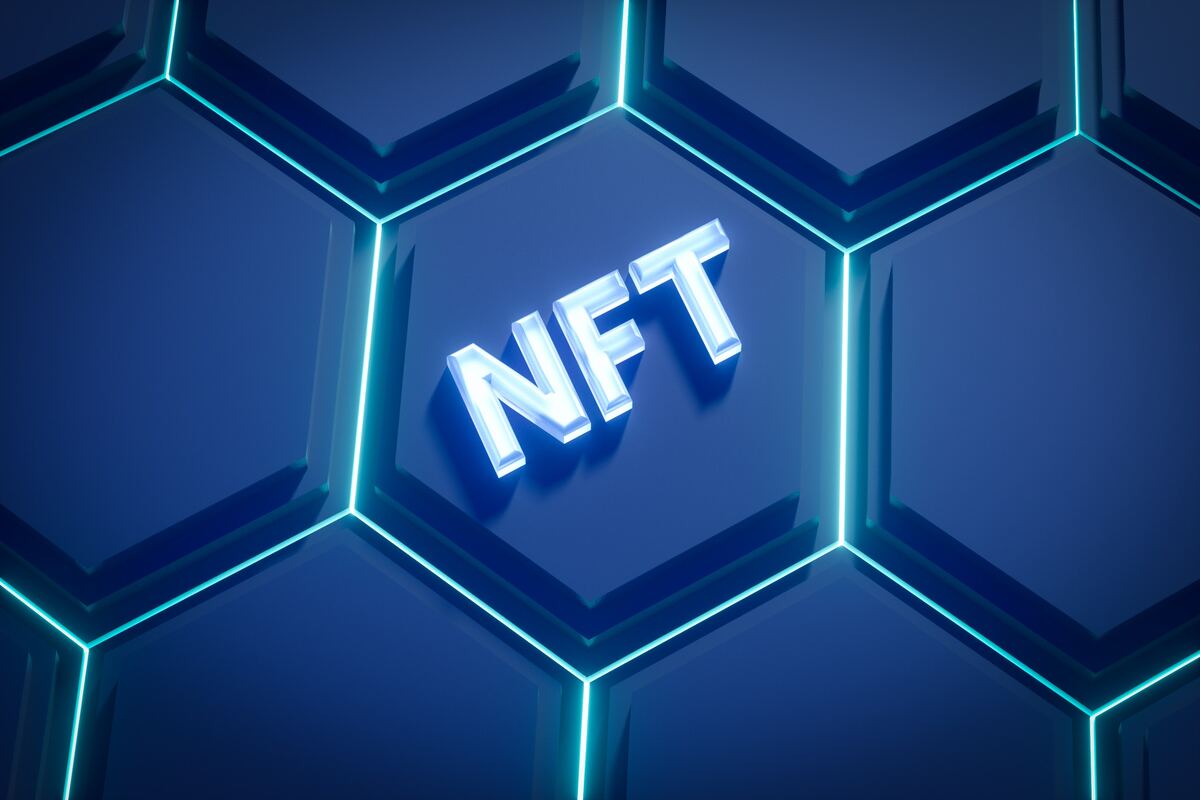
Estimated reading time: 5 minutes
Non-fungible tokens (NFTs) are digital representations of assets on a blockchain. Their uniqueness sets them apart; each NFT is distinct and cannot be replicated. This makes them ideal for one-of-a-kind digital and real-world items like art, music, virtual real estate, and collectibles.
Step-by-Step Guide to Creating a Crypto Wallet
Choose a Wallet Provider: Select a reputable wallet provider. Coinbase and Binance are excellent options for beginners.
Visit the Wallet Provider’s Website: Navigate to the official website of the wallet provider.
Sign Up: Click “Sign Up” or “Create Account.” Fill in the required fields, including email address, password, and other essential information.
Verify Your Identity: Complete any necessary identity verification steps. This usually involves uploading identification documents.
Secure Your Wallet: Implement two-factor authentication (2FA) for added security. Opt for a unique password and consider a hardware wallet for enhanced protection.
Backup Your Wallet: Note most wallets’ recovery phrases or seed phrases. Please keep it in a secure location. It is vital for wallet recovery in case of loss or theft.
Access Your Wallet: With the wallet set up and secured, access it via the provider’s website or app.
Connect to NFT Marketplaces: Link the wallet’s features to NFT marketplaces like Coinbase and Binance for transactions.
Also Read: What is NFTs?
Purchasing NFTs
NFTs, or Non-Fungible Tokens, introduce a new method of owning and trading digital assets.
Buying NFTs on OpenSea
Create an Account: Register on OpenSea if you don’t have an account.
Connect Your Wallet: Link your cryptocurrency wallet, such as Coinbase Wallet, to OpenSea for secure transactions.
Browsing: Search through OpenSea’s extensive NFT collection. Apply filters to find items that match your interests.
Evaluating NFTs: Assess NFTs carefully. Review the art, description, and creator details. Consider rarity and uniqueness.
Placing Bids and Offers: Bid on desired NFTs or use the “Buy Now” option for immediate purchase at a set price.
Winning an Auction: If your bid is highest at auction end, you win the NFT. Confirm the transaction in your wallet.
Ownership: Confirming the transaction transfers the NFT to your wallet, granting you ownership.
Buying NFTs on Coinbase NFT
Access Coinbase NFT: Go to Coinbase NFT. Sign up if you are not a Coinbase user.
Verify Identity: Follow the steps to verify your identity, including submitting ID documents.
Connect Wallet: Link your cryptocurrency wallet, like Coinbase Wallet, to Coinbase NFT.
Browse and Select: Search through the NFTs on Coinbase NFT. Use filters to narrow your search.
Evaluation: Look into NFT details such as creator, rarity, and provenance.
Purchase: Choose an NFT and follow the prompts to complete the transaction.
Ownership: The transaction transfers the NFT to your wallet, making you the owner.
Also read: What you should know about crypto
Selling NFTs
Selecting a Reputable NFT Marketplace
Choosing the right NFT marketplace is crucial for the success of digital collectibles. Different platforms offer various features and fee structures, so thorough research is essential.
Mint Your NFT
Minting transforms digital artwork or collectibles into NFTs. Adhering to a marketplace’s minting guidelines, including file uploads and metadata settings, is necessary.
Price Your NFT
Setting an NFT’s price requires considering the digital asset’s uniqueness, the artist’s reputation, and market demand. Options include auction listings or fixed prices.
List Your NFT
Crafting a detailed, engaging listing with quality images, a captivating description, and appropriate tags is vital for attracting buyers.
Set Fees and Royalties
Marketplaces may impose fees for listing or transactions. Setting royalties allows artists to earn from future resales, with typical rates between 10% and 30%.
Promote Your NFT
Effective promotion through social media, art communities, and forums enhances visibility and sales potential.
Monitor and Manage
Monitoring performance and adjusting strategies based on buyer interactions and market trends is key.
Fees, Royalties, and Best Practices
Understanding platform and blockchain fees, like Ethereum’s gas fees. Clear ownership rights, active engagement, and market awareness are best practices for success.
Guidance on Managing Your NFT Collection
Securing backups, updating security measures, employing strong authentication, diversifying storage options, and staying informed are essential for protecting NFT assets.
NFT Trends and Future Outlook
Advancements in blockchain technology, regulatory developments, new NFT standards, and DeFi integration are shaping the future of NFTs, highlighting the need for scalability, interoperability, and environmental consideration.
Also read: what you should know about DeFi
NFT Use Cases Beyond Art and Collectibles
NFTs have expanded into various practical use cases:
Digital Identity
NFTs represent digital identities, enabling access to exclusive online communities, content, or services. These tokens allow users to establish a unique digital footprint, facilitating entry into niche online environments.
Education
In education, NFTs offer a secure method for storing academic achievements and certifications as digital assets. This approach guarantees the integrity of educational records, making them tamper-proof and easily verifiable, thus enhancing the credibility of academic accomplishments.
Supply Chain
NFT technology contributes to improved transparency and traceability within supply chain management. By documenting the origin of products, NFTs provide a reliable tracking mechanism, effectively addressing product authenticity and provenance concerns.
Healthcare
The healthcare industry benefits from NFTs by securely managing and exchanging medical records and treatment histories. This application safeguards the confidentiality and integrity of sensitive health data, promoting efficient and secure communication among healthcare providers.
Charity and Donations
In charity and donations, NFTs serve as a tool for ensuring transparent transactions. They enable charitable organizations to demonstrate that contributions are allocated as promised, offering a clear and accountable method for supporters to contribute to their chosen causes.
FAQs
A Non-Fungible Token is a one-of-a-kind digital asset that represents ownership of a unique item or piece of content.
The value of an NFT is often determined by its rarity, demand, and the significance of the underlying digital asset.
NFTs are typically built on blockchain technology, which provides transparency and security.
NFTs (Non-Fungible Tokens) can be owned, bought, sold, and traded on various online marketplaces and platforms.
NFTs can represent virtual real estate, in-game items, collectibles, music, videos, virtual goods in the metaverse, and even ownership of physical assets like real estate.
Discover more from The African Crypto
Subscribe to get the latest posts sent to your email.

